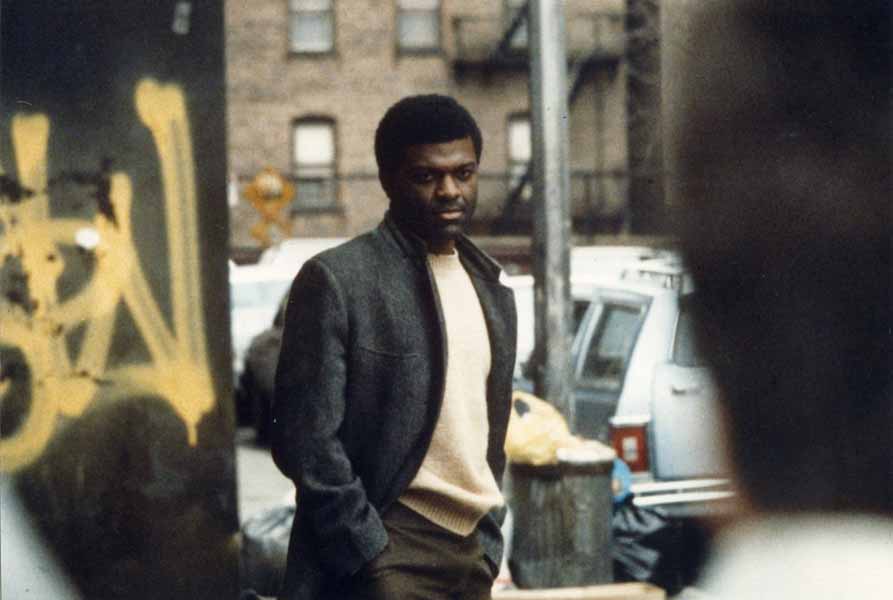Raoul Peck is Haiti’s best-known filmmaker, and his debut feature Haitian Corner catalyzed a cinematic trajectory of political purpose. While centered on the story of Joseph Bossuet, Haitian Corner is also a collective portrait of Haitian identity in exile. A poet and factory worker who moves to New York, Joseph often visits the “Haitian Corner” bookstore—a space frequented by many fellow exiles from the Duvalier regime whose daily lives form the rhythm of Peck’s film. Before escaping, Joseph had been imprisoned and tortured for seven years by the dictator’s brutal paramilitary secret police, the Tonton Macoute. When he spots one of his torturers in New York, Joseph is plunged back into a matrix of traumas both personal and shared, as the film negotiates vengeance, state terror, and class struggle. Haitian Corner serves as an exploration of how the past always coexists with the present, what people hold onto and leave behind, and the central importance of memory. (Raoul Peck, 1988, 16mm-to-digital, English, French, and Haitian Creole with subtitles, 98 minutes)
“[Peck is] the best Haitian filmmaker for his film Haitian Corner which made me relive my season in hell and which brought me to believe that the future will be enchanting.” –Rassoul Labuchin
Part of the Exile and Memory in Haitian Cinema film series, programmed in conjunction with the exhibition Spirit and Strength: Modern Art in Haiti.
